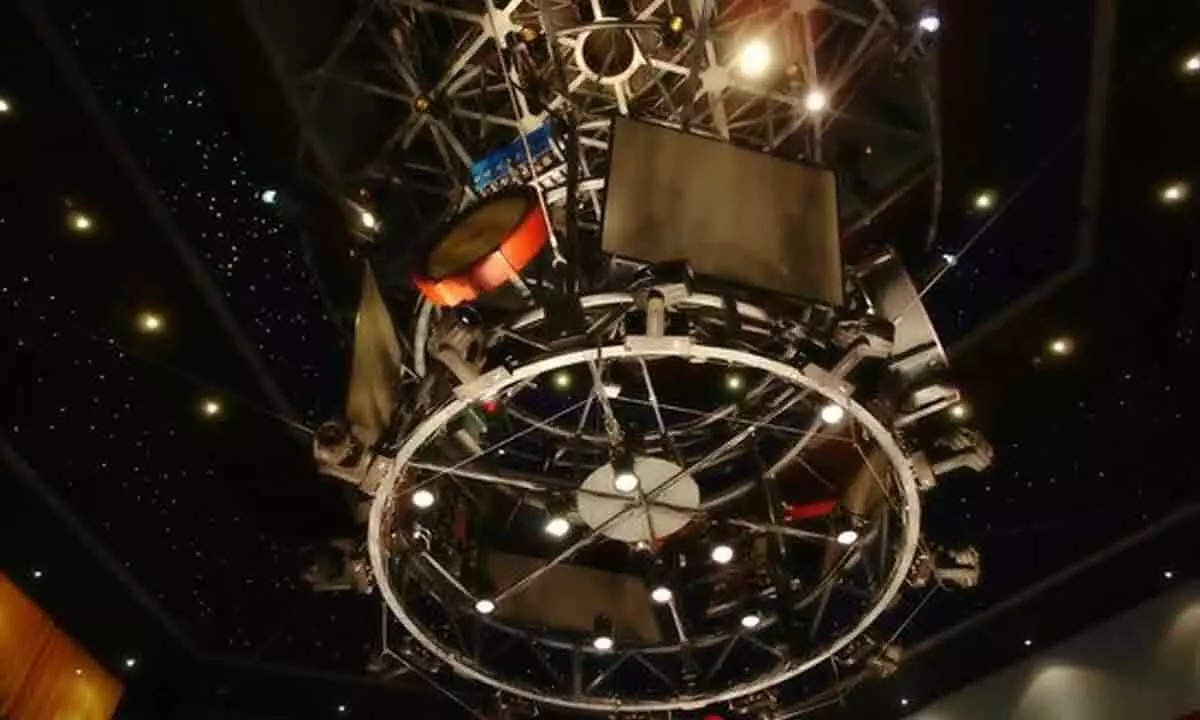How to build a career in Astrophysics

India has embarked on a memorable journey to become a Space Superpower.
India has embarked on a memorable journey to become a Space Superpower. With the success of Chandrayaan 3, Aditya-L1 and XpoSat, India showed its scientific capabilities to the world. The upcoming ambitious Gaganyaanmission will definitely take it to new heights. These achievements would not have been possible without astrophysics.
Astrophysics is a branch of physics that is focused on the understanding of celestial objects such as stars, galaxies, planets, and the broader structure and evolution of the universe. A career in astrophysics is considered as a very exciting and rewarding option for one who is passionate about unravelling the mysteries of the universe as well as celestial space.
Astrophysicists contribute significantly to space missions by offering their scientific knowledge and insights on a variety of space exploration-related topics. Astrophysicists' involvement in a space mission begins with mission planning and design and continues through successful mission execution and outcomes studies.
If one considers pursuing a career in astrophysics then he / she must have a strong foundation in physics and mathematics by completing a bachelor's degree in physics, engineering, or a related field. It's highly recommended to opt for courses that cover topics like classical mechanics, optics, atomic and molecular physics electromagnetism, quantum mechanics, thermal and statistical physics, nuclear physics, and astrophysics.
Opportunities in Astrophysics
Research internships
To gain practical knowledge in astrophysics, one must engage oneself in undergraduate research projects or internship opportunities. This can involve working with professors, participating in summer research programs, or joining research groups at your university or observatories.
Doctorate degree
With a strong base in the fundamental knowledge of Astrophysics, one can pursue a PhD in astrophysics or a related discipline either in your own institute or in any foreign institute. Doctoral studies are crucial but not limited to the development of expertise in a specific domain of astrophysics and conducting original research. For the doctoral study, choose a renowned and established institution with strong astrophysics programs and faculty member(s) working in the same area of interest. The institution must have the necessary infrastructure to support quality research work.
Research Focus
Determine your research interests within astrophysics. It's a vast field, so you can specialize in areas like cosmology, stellar astrophysics, galaxy formation, high-energy astrophysics, earth and planetary science, space science, solar physics, computational astrophysics, or observational astronomy. This will shape your future career path.
Networking & Collaboration
Attend conferences, workshops, and seminars/webinars to connect with experts and peers in the field. Networking can open opportunities for collaboration, research collaborations, and potential job prospects.
Publish and Present
Share your research findings through publications in scientific journals and by presenting at conferences. This helps establish your credibility and visibility within the astrophysics community.
Postdoctoral Positions
Consider undertaking one or more postdoctoral research positions after completing your PhD. These positions provide additional research experience, help build your publication record, and further develop your research skills.
Faculty Positions or Research Positions
Depending on your career goals, you can aim for faculty positions at universities or research positions at observatories, space agencies, or research institutions. These positions allow you to conduct research, teach, mentor students, and contribute to the advancement of astrophysics.
It's worth noting that astrophysics is a highly competitive field and continuously evolving, so staying updated by attending conferences, workshops, and seminars, dedication, perseverance, and a genuine passion for the subject is vital. It may also involve long hours of research, data analysis, and mathematical modelling. However, the opportunity to contribute to our understanding of the universe and make exciting discoveries makes it an incredibly rewarding career path.
(The author is Assistant Professor, MIT-WPU, Department of Physics)




